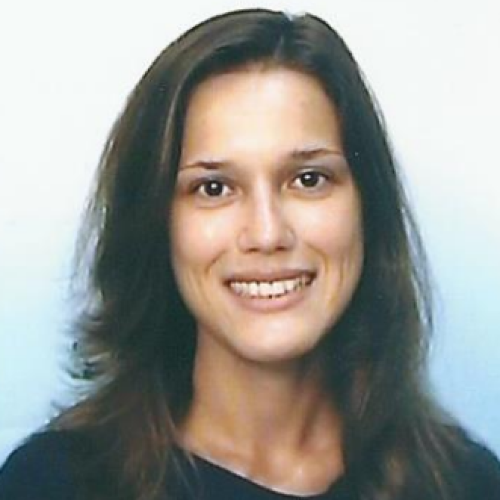Instituto de Investigação e Inovação em Saúde, Universidade do Porto
Rua Alfredo Allen, 208 4200-135 Porto, Portugal
Phone: +351 226 074 900
Email: info@i3s.up.pt
Pedro Cabral and Ana Campar have recently been awarded by NEDAI (Núcleo de Estudos de Doenças Auto-Imunes) at its XI National Congress, which also marked the XXX Annual Meeting of Autoimmunity in Portugal. Each was distinguished by their pioneering work in lupus nephritis and idiopathic inflammatory myopathies, respectively.



Pedro Cabral was awarded with a Grant in Autoimmunity Basic Research to continue developing his work in lupus nephritis, which aims to understand how changes to the glycosylation of the kidney parenchyma is associated with the activation of the complement pathway to heighten renal lesions. This project adds to previous findings by Pinho’s Lab, specifically as it pertains to the pathogenic and pro-inflammatory role of gd T cells in lupus nephritis through their response to abnormal kidney mannosylation. Now, Pedro is dedicated to identifying a novel mechanistic basis for how glycans trigger autoimmunity in this disease, thereby seeking to refine disease diagnosis and identify new targets for targeted therapies.
‘This grant will allow me to deepen skills in biomedical research that effectively contribute to the advancement of our knowledge of clinical immunology, doing so in a notable group at i3S, to whom I’m very grateful for all of the support and guidance’ states Pedro Cabral.
In addition, Ana Campar received the Award for Research in Autoimmunity for her work on the role of altered glycosylation in muscle and immune cells in the production of interleukin-6 and its impact in the disease prognosis of idiopathic inflammatory myopathies. To Ana, this award is incredibly relevant on many levels: ‘It highlights national scientific research and reinforces the importance of research focused on systemic autoimmune diseases. In addition, it highlights a group of rare autoimmune diseases with no available off-the-shelf therapeutics and significant morbidity as well as decreased quality of life for inflicted patients.’
For both researchers and Pinho’s Lab, these awards reflect our ongoing mission to decipher how glycosylation acts a central regulatory mechanism in the complex innerworkings of the immune system and, in doing so, to bring new and innovative strategies for patients with autoimmune diseases.